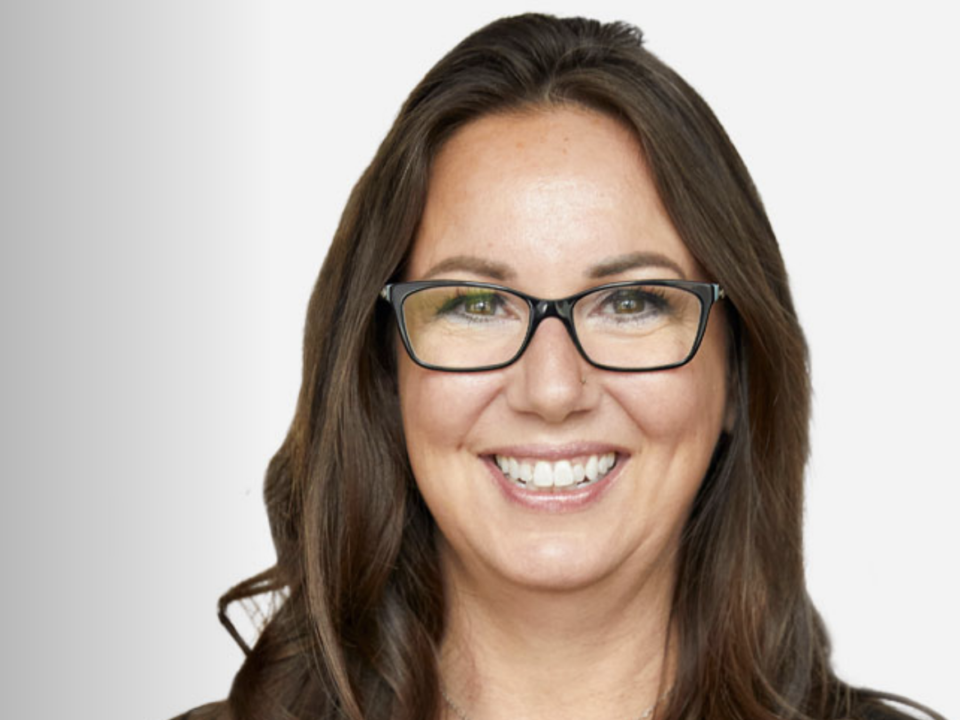
Как приложения, такие как Temu, представляют угрозу для пользователей: понимание опасностей
October 29, 2024
Why Opera Browser and DEFEND’s 65square App are Essential for Safe Internet Browsing in Poland
December 11, 2024DEFEND Nonprofit – As the digital landscape continues to evolve, our children are increasingly navigating an online world fraught with risks. From cyberbullying and online predators to the pervasive mental health challenges associated with social media, the dangers are real and growing. In response, Australia has recently taken a significant step towards safeguarding its youth by unanimously backing a national plan to restrict social media access for children under 16. This bold move is not just a national concern; it sets an important precedent for other countries to follow, as the global community faces similar challenges in protecting the mental and emotional well-being of younger generations.
The Rising Crisis: Social Media’s Impact on Children
Research consistently highlights the negative impact social media can have on young people. Social media platforms, designed to engage and retain users, often contribute to feelings of anxiety, depression, and loneliness among teens. The pursuit of validation through likes, comments, and followers can foster unhealthy comparisons and low self-esteem, particularly among vulnerable youth. Additionally, the exposure to cyberbullying, hate speech, and harmful content is a constant threat. In fact, a recent study found that over 60% of teens have experienced online bullying, and many report that it worsens their mental health.
Given these risks, it’s crucial that we create a protective barrier between young minds and these digital dangers. The proposed age limit for social media users under 16 in Australia is a necessary first step toward addressing the widespread harm caused by unrestricted access to these platforms.
A Global Challenge: Why Age Limits Are Essential
While Australia is leading the charge, other countries must follow suit. Social media is a global phenomenon, and its impact on youth is not confined to one region or country. In the United States, the UK, and much of Europe, social media use among children is increasing at an alarming rate, often with little oversight or regulation. Studies have shown that children as young as 10 are creating accounts on platforms like Instagram, TikTok, and Facebook, despite these platforms having age restrictions in place. The issue is not just about the platforms’ failure to enforce age limits; it’s about the immense pressure these platforms put on young users to conform to idealized standards of beauty, success, and happiness.
A national or even global age restriction on social media would help to mitigate the harmful effects of these pressures. It would give children a safer, more protected environment in which they can mature and develop without the added burden of online comparison, cyberbullying, and adult content. Limiting social media access can also give parents and caregivers more control over their children’s online experiences, helping them to guide their children through the complexities of the digital world in a healthier way.
Balancing Protection and Access to Information
One of the criticisms often levied against age limits on social media is that they limit young people’s access to information, particularly during critical developmental years. However, it’s important to differentiate between harmful, unsupervised social media use and the valuable educational, social, and support networks that can be found online. Platforms like YouTube and Reddit, for example, provide a wealth of information on everything from academic topics to mental health resources. The age limits proposed by Australia would not ban access to these educational resources; they would focus only on social platforms where the risks far outweigh the benefits.
Moreover, the legislation is not about restricting access to the internet as a whole. Children would still be able to access age-appropriate educational content and use platforms designed specifically for their age group, such as YouTube Kids. The key is providing a more structured and controlled digital environment where young users can grow and interact without the constant pressure of social media validation or exposure to harmful content.
The Bigger Picture: Protecting Mental Health
The mental health crisis among young people is reaching alarming proportions worldwide. According to the World Health Organization, depression is now the leading cause of illness and disability among adolescents. Social media is often a contributing factor, exacerbating feelings of inadequacy, anxiety, and isolation. In fact, research shows that excessive use of social media is linked to a 25% increase in the risk of depression and anxiety among teens.
By enforcing age limits on social media, governments can take proactive steps to protect the mental health of young people during a crucial stage of their emotional and psychological development. The data is clear: limiting exposure to social media can reduce the risk of depression, anxiety, and other mental health issues. More importantly, it would give children the time and space to develop healthy coping mechanisms, build self-esteem, and form meaningful, offline relationships before being exposed to the harsh realities of online life.
A Precedent for the Future
Australia’s age limit proposal sets an important precedent for countries around the world. As we see increasing evidence of the damage social media can do to young minds, other governments should take similar action. By enacting policies that limit access to social media until children are more emotionally equipped to handle the pressures of these platforms, we can create a safer, healthier digital space for future generations.
The issue is not whether children can outsmart age restrictions—they can. But the question is whether we, as a society, are willing to step up and protect the most vulnerable members of our population from the significant harms that come with unrestricted social media access. By supporting age limits on social media, we’re not just protecting children from immediate harm; we’re investing in their long-term well-being and future.
A Call to Action
The proposal in Australia is an important first step, but it is only one piece of the puzzle. As other nations face the same digital challenges, they must follow suit and take decisive action to protect their youth. It’s time to prioritize the safety and mental health of young people, and imposing an age limit on social media use is a crucial part of this effort. The mental well-being of our children is too important to leave to chance—and it’s time we put their protection above the profits of social media companies.




